Laverne Cox’s Cornrow Snub to Amandla Stenberg Was Accidental: I have never been interested in celebrity feuds.
When in answer to Andy Cohen’s question on “Watch What Happens Live” on July 12, “White girls and cornrows, yay or nay? “I said what I said in an attempt to not get involved in what I understood at the time to be an Instagram feud between someone with whom I was not familiar and Kylie Jenner on the topic of cultural appropriation. I have never been interested in getting involved in any celebrity feuds.
In that moment, I also felt that the topic of cultural appropriation needs way more than the 10 seconds or less I had to respond at the end of the show to fully unpack. I said as much to Andre Leon Tally after the cameras stopped rolling. So on camera with seconds left in a live broadcast I said, “Bo Derek” the first iconic example of a white woman wearing cornrows I could think of. To be clear I understood when I said, “Bo Derek” that her rocking of cornrows with beads in the 1979 film “10” and that look on her subsequently becoming a cultural phenomenon when the black folks who had been rocking cornrows for decades before her had not similarly become a sensation is an example of the ways in which what bell hooks calls imperialist, white supremacist, capitalist patriarchal systems privilege certain bodies’ performances of cultural traditions over others. This is when cultural appropriation can tend to erase the marginalized people from whom the culture emerges.
Many are taking me to task for not defending Amandla Stenberg who I now know is a 16 year old black actress known for her work in the “Hunger Games” who has spoken out quite eloquently on the topic of cultural appropriation. In researching Amandla’s work and words, I was very impressed with a video I saw from her on cultural appropriation where she chronicled a recent history of cultural appropriation and black hair specifically. (https://youtu.be/O1KJRRSB_XA)
I was most moved by the question she poses at the end of her video, a question I, too, have asked from lecture stages. “What would America be like if we loved black people as much as we love black culture?”
For me this is the question at the heart of the discussion about cultural appropriation. What of the people whose culture is being mined for the ingredients that can be used in mainstream contexts to spice up the otherwise familiar recipes?
Far too often culture is appropriated without an understanding of the history and hardships from which that culture emerges. How do we lovingly make people aware of that history and the potential affects of cultural appropriation that further marginalize and stigmatize those already the most adversely affected by systems that disadvantage certain experiences, bodies and identities over others? These are points Amandla makes beautifully in her video.
We live in a multi-cultural society where being influenced by cultures different from ours is inevitable. But when the traditions and practices of marginalized communities are used by those in power and the material conditions of those who are marginalized are not changed individually and systemically this is when cultural appropriation is deeply problematic and even potentially exploitative.
These are some of my brief thoughts on cultural appropriation, thoughts that I felt needed a context different from the 10 seconds I had on live TV on Sunday night.
I am writing this in the hopes of continuing a dialogue about this issue in a loving, empathetic way that is not about individual attacks but about individual accountability. I always hope we can celebrate cultural differences without erasing those from whom the culture originates.
Follow me: @theJasmineBRAND on Twitter | theJasmineBRAND on Facebook | theJasmineBRAND on Instagram


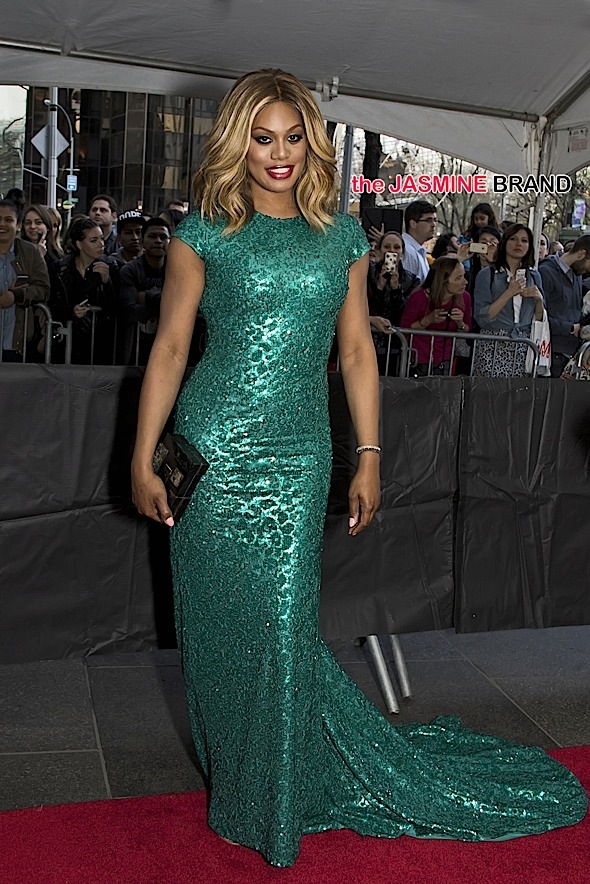
 Previous Article
Previous Article Next Article
Next Article Actor Tyler James Williams Slams Viral Anti-Black Woman Facebook Post
Actor Tyler James Williams Slams Viral Anti-Black Woman Facebook Post 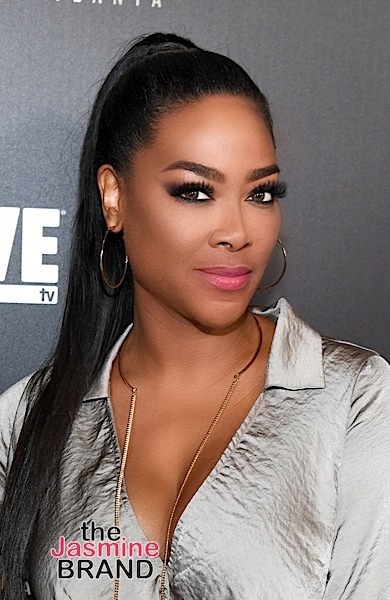 Kenya Moore Announces Pregnancy
Kenya Moore Announces Pregnancy 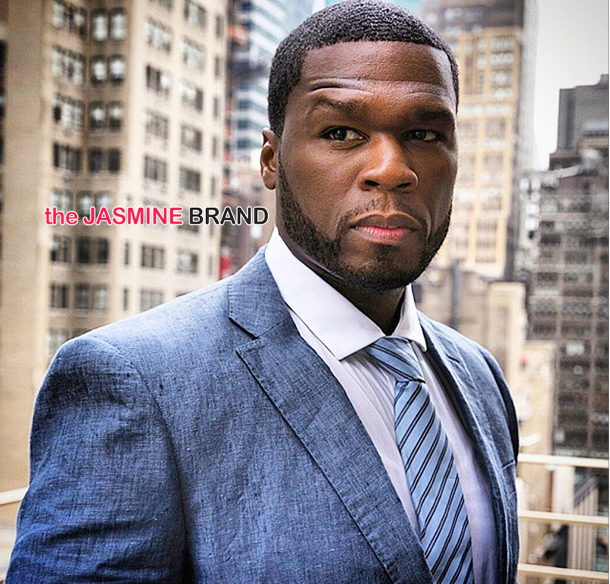 (EXCLUSIVE) 50 Cent’s $17 Million Lawsuit With Sleek Audio Heats Up
(EXCLUSIVE) 50 Cent’s $17 Million Lawsuit With Sleek Audio Heats Up ![Drake Announces New Project ‘More Life’ [Photo]](https://thejasminebrand.com/wp-content/uploads/2017/03/Screen-Shot-2017-03-13-at-9.00.11-AM.png) Drake Announces New Project ‘More Life’ [Photo]
Drake Announces New Project ‘More Life’ [Photo] 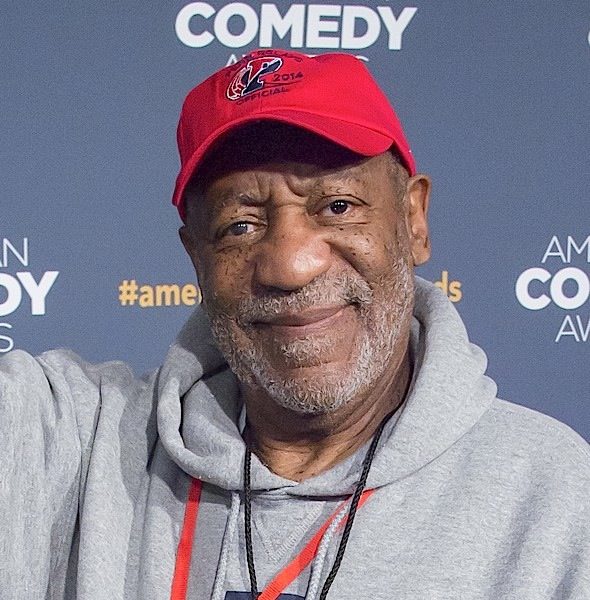 Bill Cosby Admits To Having Sex With Teenage Girls
Bill Cosby Admits To Having Sex With Teenage Girls 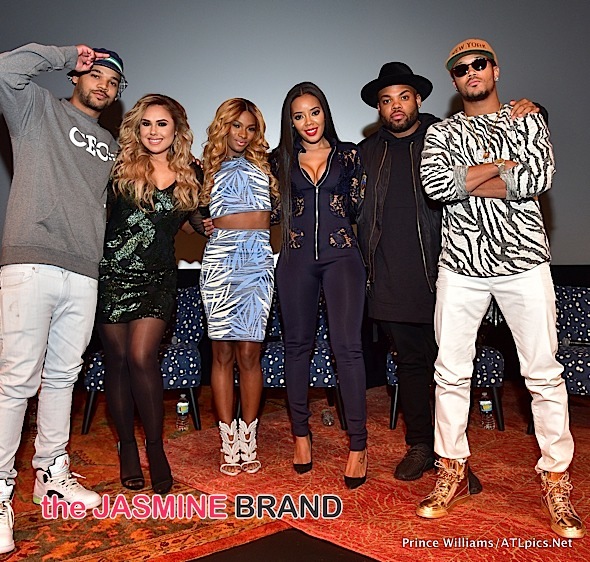 “Growing Up Hip Hop” ATL Premiere: Porsha Williams, Kenya Moore, Stevie J, Mimi Faust, Joseline Hernandez Attend
“Growing Up Hip Hop” ATL Premiere: Porsha Williams, Kenya Moore, Stevie J, Mimi Faust, Joseline Hernandez Attend ![Actress Amandla Stenberg Comes Out as Bisexual [VIDEO]](https://thejasminebrand.com/wp-content/uploads/2016/01/Screen-Shot-2016-01-09-at-12.05.14-PM.jpg) Actress Amandla Stenberg Comes Out as Bisexual [VIDEO]
Actress Amandla Stenberg Comes Out as Bisexual [VIDEO] 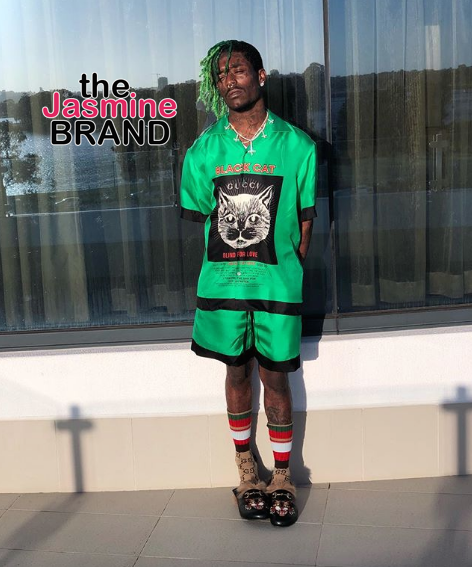 Lil Uzi Vert Wants To Donate To XXXTentacion’s Family- I Want To Make Sure His Son Is Taken Care Of
Lil Uzi Vert Wants To Donate To XXXTentacion’s Family- I Want To Make Sure His Son Is Taken Care Of